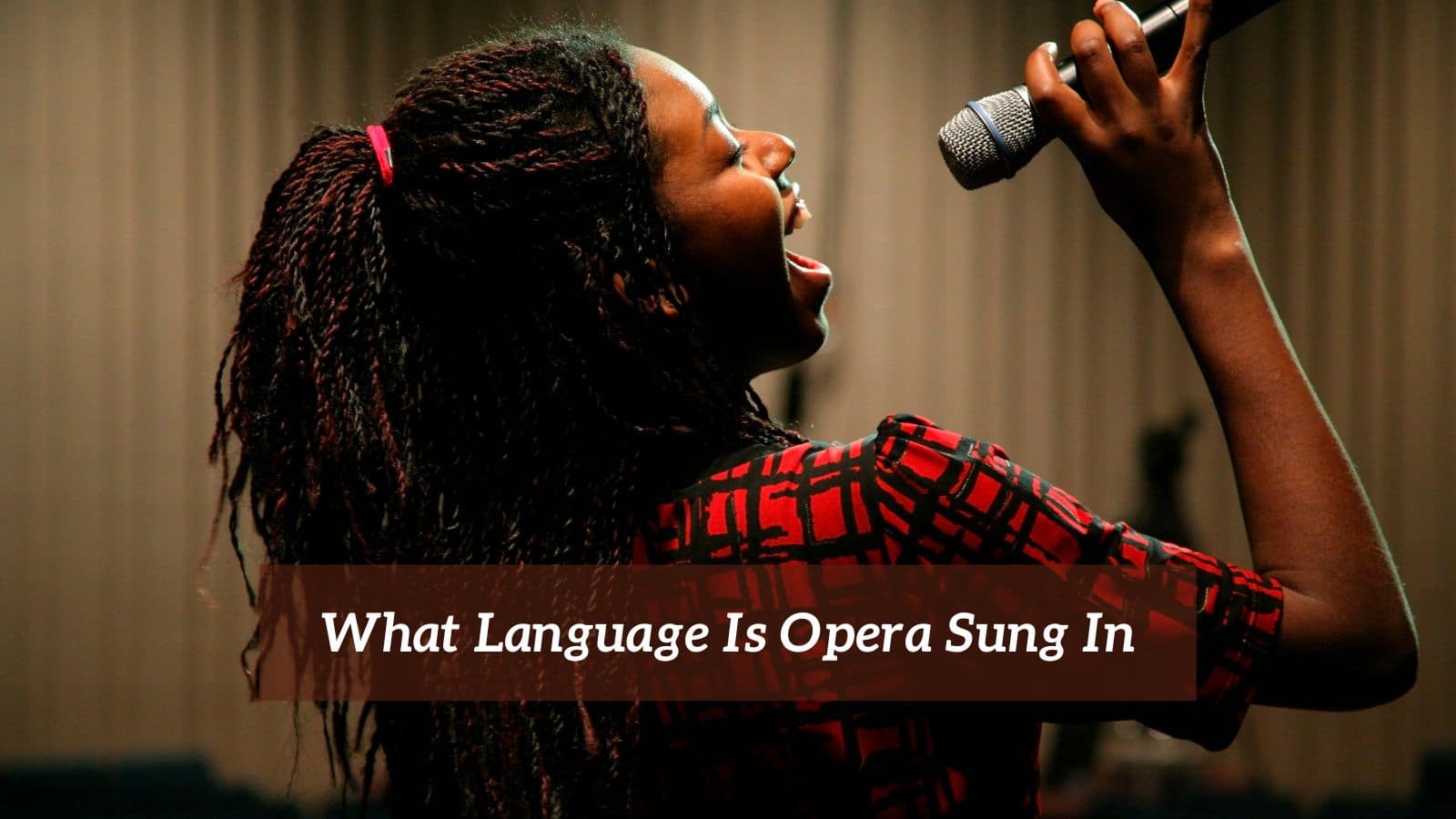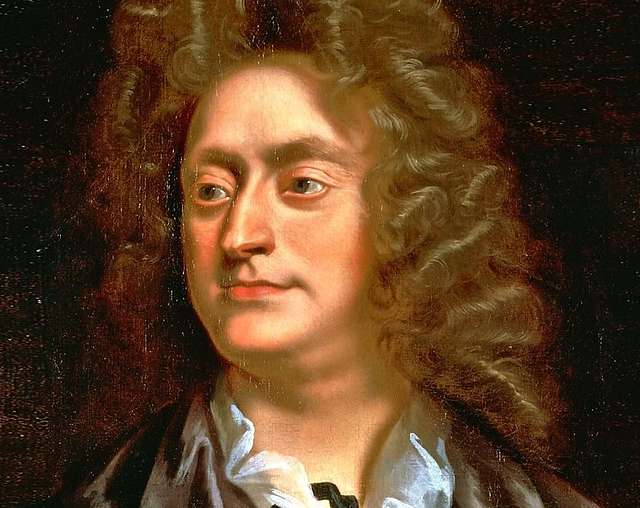
Opera remains a hot topic not only as a genre of music but more specifically when looking into its origins. To fully appreciate the languages that opera is sung in, a brief survey of its history I feel is important.
Scholars continue to debate the starting point of opera. For some, the dramatic plays of the ancient Greeks where poetry and music were married together, could be thought of as the start.
For others, a more convincing birth of opera could be the Middle Ages. At this period of music history dramas based on biblical stories were popular and included spoken word as well as music that was placed between the portions of the narrative.
Whether this can truly count as a basis for opera is open for discussion.
If we come forward in time, to the court of the famous Medici family of Florence in Italy, perhaps we can more closely find links to the operas we are familiar with.
Many agree that this beautiful Italian city was where opera first emerged and gradually became established as a new genre of music. One of the earliest examples of opera is thought to be Jacopo Peri’s ‘L’Euridice’, completed around 1600.
This composition is described as a timely expression of humanist concepts where the unique, almost unusual connection between words and music defines what would become opera.
What Language Is Opera Sung In?
What this also tells us is that we can be sure that one of the languages that opera is sung in is Italian. You may also accept that there was a strong possibility that a version of opera was performed in Greek too.
Wouldn’t it have been fascinating to have been able to attend one of those performances?
As many of you will no doubt be aware, Italy continued to dominate the world of Western Classical Music right through the Renaissance, the Baroque and to some extent into the Classical Era too.
The Italian language took centre stage in the realms of opera. Amongst many composers who stand out as formidable masters of their trade, Claudio Monteverdi has to be one of them.
If you are interested to listen to a fabulous example of Italian Renaissance opera begin here with Monteverdi’s celebrated ‘La favola d’Orfeo’ from 1607.
From the description above you could be beginning to think that Italian is the only language sung in opera. This, of course, isn’t true. Interestingly, the French in the 17th Century did not seem to take to the idea of opera.
That is until Jean-Baptiste Lully (1632-1678) with the not insignificant patronage of King Louis the Fourteenth, turned Italian opera into something distinctly French.
What Lully achieved was the clever fusion of already popular French spoken tragic theatre with ballet. Lully was well aware of King Louis passion for dance and by combining two popular art forms he created a triumph of creativity.
Naturally, these works were created using the French language. Jean-Philippe Rameau took the torch from Lully and essentially established the genre in France.
It is thought Rameau’s opera ‘Castor et Pollux’ was performed over 254 times at the famous Paris Opera.
This is by no means the end of the tale. As the popularity of opera spread across Europe in the 17th Century the English took a keen interest in this exciting new musical form.
Two English composers who were highly prominent during the latter half of the 17th Century embraced opera and added another dimension to the form.
These composers were John Blow and Henry Purcell. Blow’s ‘Venus and Adonis’ from around 1683 and Purcell’s ‘Dido and Aeneas’ (1698) were amongst the earliest examples of English operas.
They were composed for elite audiences but furthered the establishment of opera in England.
‘Dido and Aeneas’ remains one of the most popular operas of the time. It is not only a significant piece of early English opera but brilliantly composed, standing as a testament to the genius of Henry Purcell.
One of the most famous arias is the Italian-style ‘When I am Laid in Earth’. This brief song seems to have resonated with audiences over hundreds of years, full of sadness, longing and the frailty of human love.
On an academic note, the entire piece centres on a ground bass that underpins the whole area.
As we move into the Classical era German opera under the masterful pen of WA Mozart became firmly established.
Whilst Mozart was not the first composer from that region of the world to compose opera he was among the first to move away from the Italian language towards his native German.
Perhaps his best-known work is ‘The Magic Flute’ with libretto by Emmanuel Schikaneder. This opera is an extraordinary work full of Masonic symbolism and themes current to the time.
Opera is often overshadowed by the languages of Western Europe, but this is not where opera’s broad palette of language stops.
Pytor Tchaikovsky is probably better known for his piano concertos and symphonic works, but his opera ‘Eugene Onegin’ was a cornerstone of his musical output.
Likewise, Sergei Prokofiev’s ‘War and Peace’ which took nearly twelve years to reach fruition, is a seminal Russian language opera. We should also note the operas of Glinka and Mussorgsky as major examples of Russian Opera.
To overlook the operas of the remarkable Czech composer Janacek would be to ignore a major figure in the world of 20th Century opera.
Also, Janacek used the Czech language in many of his operas with my personal favourite as ‘The Cunning Little Vixen’ (1921-23).
There is a wealth of opera that comes from China. This draws on many traditions and conventions that have driven Chinese opera from Beijing to Henan.
Whilst there are parallels with Western opera including themes of love, heroism, and tragedy, the musical language is quite unique. The instruments used are often traditionally Chinese although today western instruments like the violin are more commonplace.
From where we are now the world of opera has travelled a diverse and dramatic road. It exists in most major languages of the world but remained dominated by the languages of the west where the great operatic traditions began over four centuries ago.

